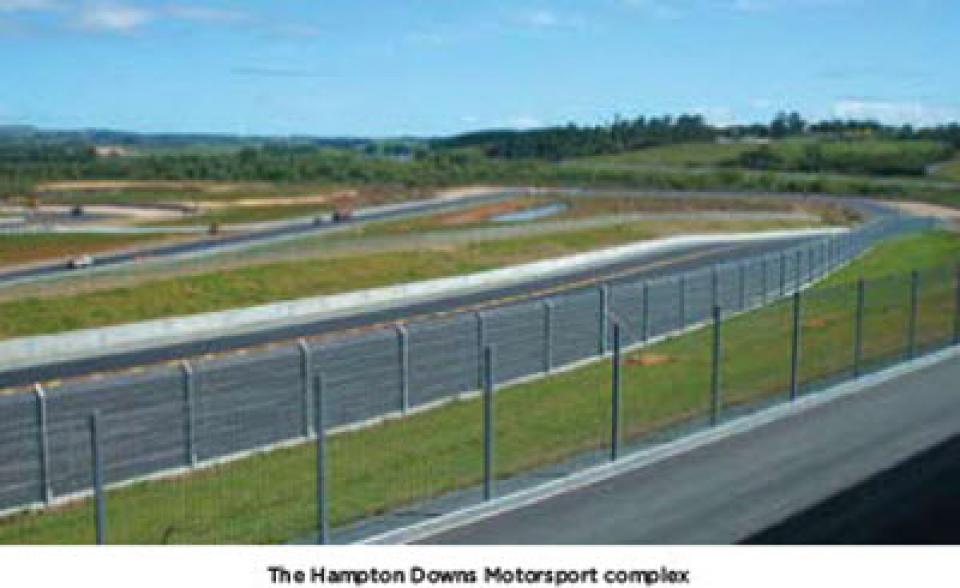 PepsiCo UK is researching the feasibility of converting potato peel waste into crisp packaging and estimates a two year timeframe before market introduction, according to BakeryandSnacks.com.
PepsiCo UK is researching the feasibility of converting potato peel waste into crisp packaging and estimates a two year timeframe before market introduction, according to BakeryandSnacks.com.
The report quoted PepsiCo UK & Ireland president, Richard Evans, telling a BBC Radio 4 programme, that the company is investigating whether starch waste from recycled potato peelings could be manufactured into eco-friendly, biodegradable packaging for crisps.
The food and beverage giant's Leicester potato chip manufacturing plant is the biggest of its kind in the world and predominantly produces the signature Walkers brand of potato crisps and some other snack products.
Evans was quoted saying that PepsiCo UK was aiming to make crisp bags out of potato skin waste that currently goes to animal feed and other recycling uses, which could be launched in a limited number of UK retail outlets within 18 to 24 months.
“In reality, if you think about how sticky starch is, you could mass it together and create a layer of starch and stabilise that,” he explained.
Evans said that the group has already developed crisp packets made from cellulose derived from wood pulp sourced from renewable and sustainable resources such as Forest Stewardship Council forests.
However he noted that the wood pulp bags have a tendency to be "loud" and “crackly” and the company was worried consumers might be turned off the brand as a result – a problem experienced recently by its sister company - Frito Lay.
The US snack maker is reverting to its traditional packaging for the SunChips brand following declining sales and consumers complaints about the bags being too noisy.
Meanwhile, researchers in Malaysia recently developed a biodegradable plastic packaging from tropical fruit skins that they claim is durable and economic to produce.
The Fruitplast product has been pioneered at the University Sain Malaysia (USM) and made from the skins of tropical fruits such as bananas, rambutans and chempedak.
Team leader professor Hanafi Ismail said the idea to produce plastic from fruit waste came about because of the perceived potential for biodegradable plastic which is forecast to grow by up to 30% a year.
“Commercial bio-degradable plastic such as polylactic acid (PLA) and polycaprolacton (PCL) that are available in the West are at least eight times as expensive as the petroleum-based, non-biodegradable plastic such as polyethylene (PE) and polypropylene (PP),” said the professor.
The team said that its Fruitplast is estimated to be 10% cheaper than the petroleum-based commercial plastics (PE, PP) and is able to biodegrade within three to six months.
Moreover, they added, it can “compete with the quality of the commercial plastics that are currently available in the market.” -- Souce: BakeryandSnacks.com


